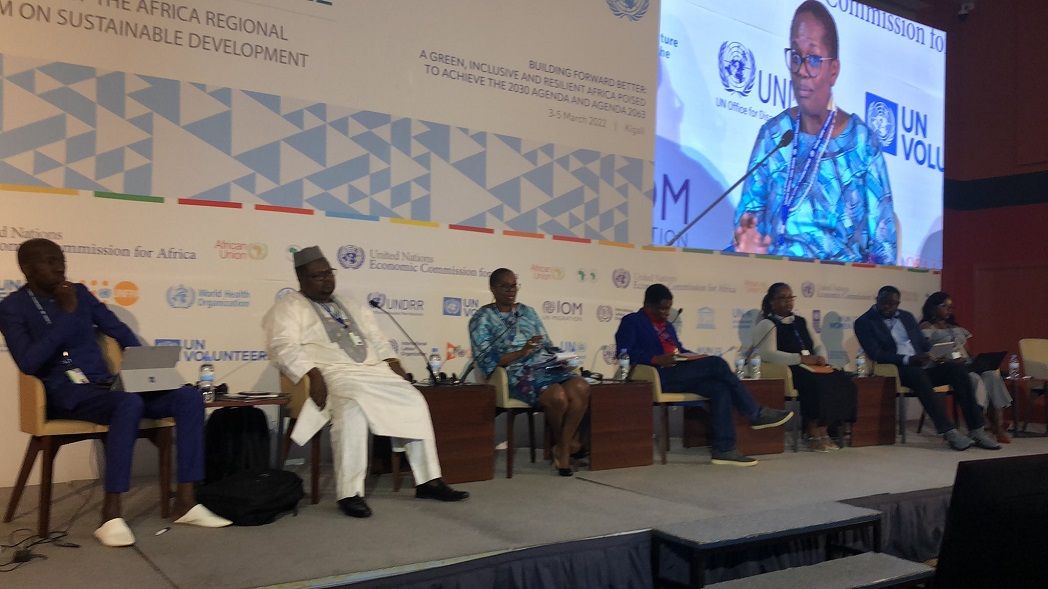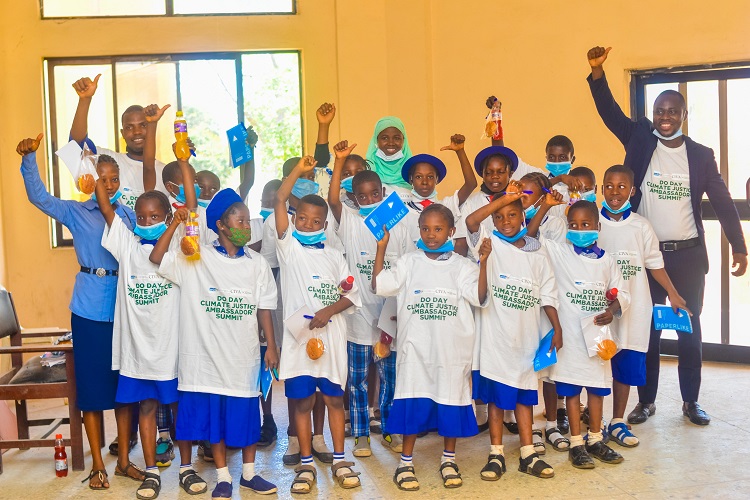
Experts at the ongoing Africa Regional Forum on Sustainable Development (ARFSD8) have identified green and resilient Africa as an indicator of building back better
The pandemic which brought massive challenges and losses in terms of human lives and economic growth has also put a spotlight on the importance of building resilient societies’ and building back better
This message was conveyed by a coalition of African civil society groups during a preparatory and capacity development workshop for major groups and stakeholders in the African region on 2nd March 2022.
The workshop held as a side event at the ongoing ARFSD8, of the organised by the United Nations Economic Commission for Africa (UNECA), holds under the theme: Road to COP 27 in Cairo – advocacy strategy and intersectionality of the three dimensions SDGs (environment, social and economic).
Africa Climate Reports monitored the panel’ discussion comprising Dr Mithika Mwenda, Executive Director PACJA, Dr Augustine Njamnshi, the Technical and Political Affairs expert, Mela Chiponda, an Afro-feminist and Advocacy Officer, Eugene Nforgwa, an expert in Just Transition and Energy Access, and Wanjira Mathai, Vice president and Africa Director World Research Institute (WRI).
Dr Mithika Mwenda analysed the nexus between the SDGs and climate change and how pushing for climate action would facilitate green recovery.
“Climate change is directly or indirectly linked to all the SDGs as they are interconnected. Even to end poverty and hunger anywhere in the global south, the root cause, which is the climate crisis, must be tackled. Climate change is a real threat multiplier. It amplifies existing threats, exacerbating problems for the economy, environment and society, especially in Africa,” he said.
According to Dr Mwenda, “an ambitious climate goal such as the Paris Agreement’s objective of limiting global warming to well below 2 degrees Celsius and pursuing 1.5 degrees Celsius would help achieve most SDGs. Moving through the arch of the 2050 ambition, 2018 was notable in adopting the Paris rulebook and catalysing climate action. 2020 and 2025 are critical in enhancing the nationally determined contributions (NDCs) and non-state efforts as we await the 2023 global stocktake, he said.
“Now the questions are: where are we coming from? What are we doing or not doing currently? Are we on the right path on the arch of ambition to 2050 Net-zero goal?”, he added.
Other panellists all noted that developing a green, inclusive and resilient Africa was critical to building forward better in the path of green recovery.
They also highlighted that African countries should be supported with the tools and capacities needed to integrate climate resilience in the huge investments needed to close development gaps.
Wanjira Mathai explained how just energy transition was critical in driving true prosperity, stating, “Africa’s prosperity must be the most important factor in building resilience. We need to double down in energy access and just transition that would power Africa.”
She underscored the need for significant investments that would facilitate real energy progress that would power true prosperity in Africa and address climate change issues.













